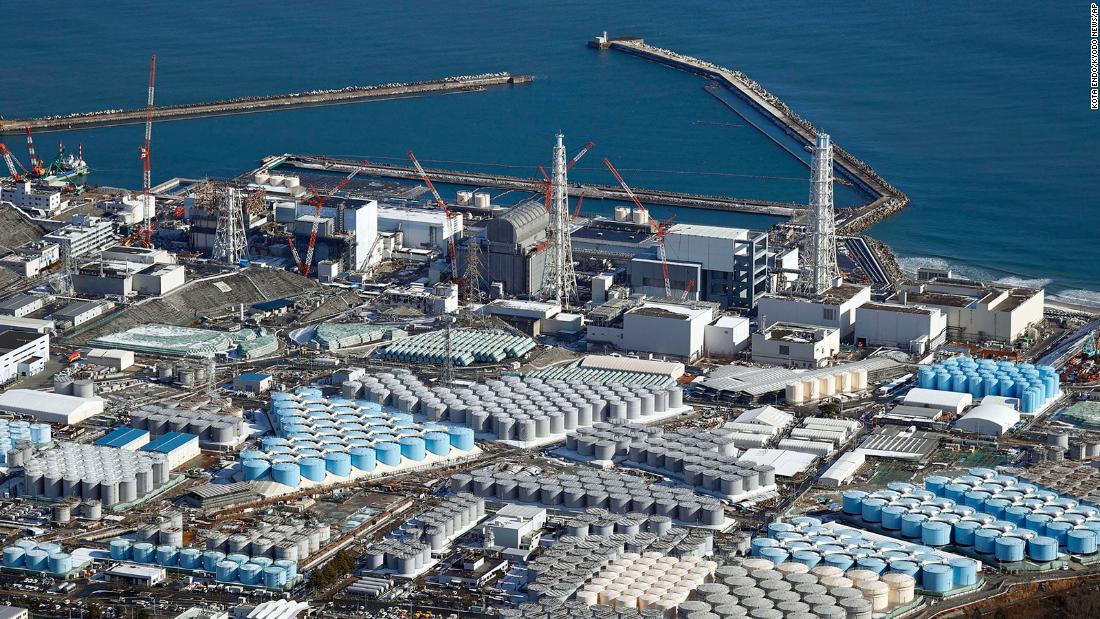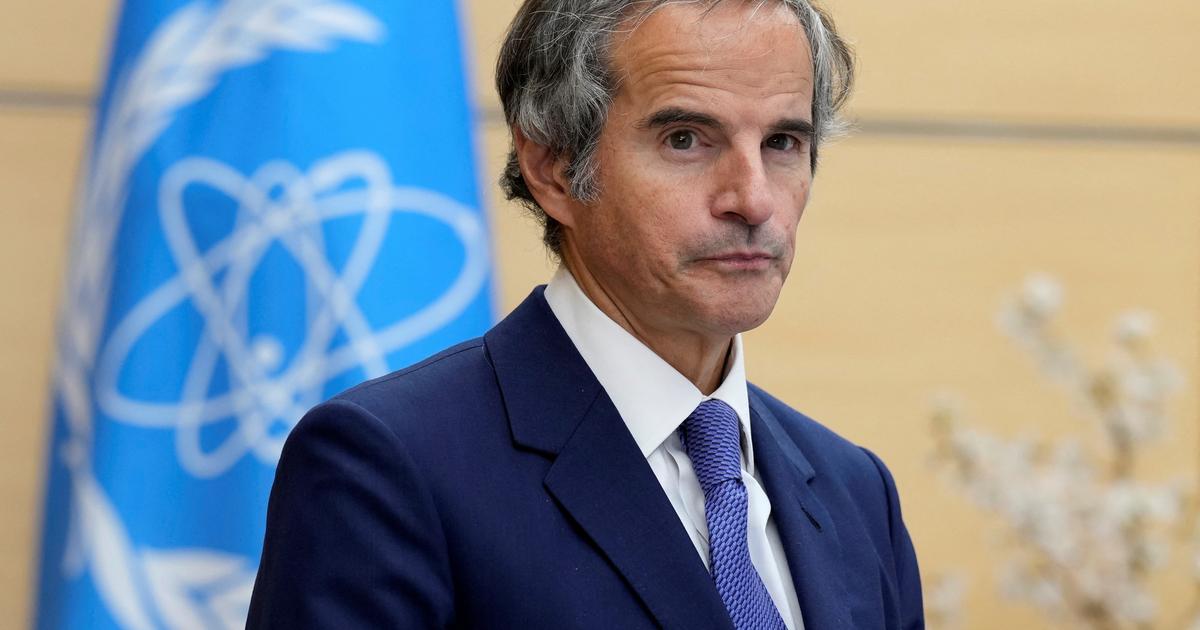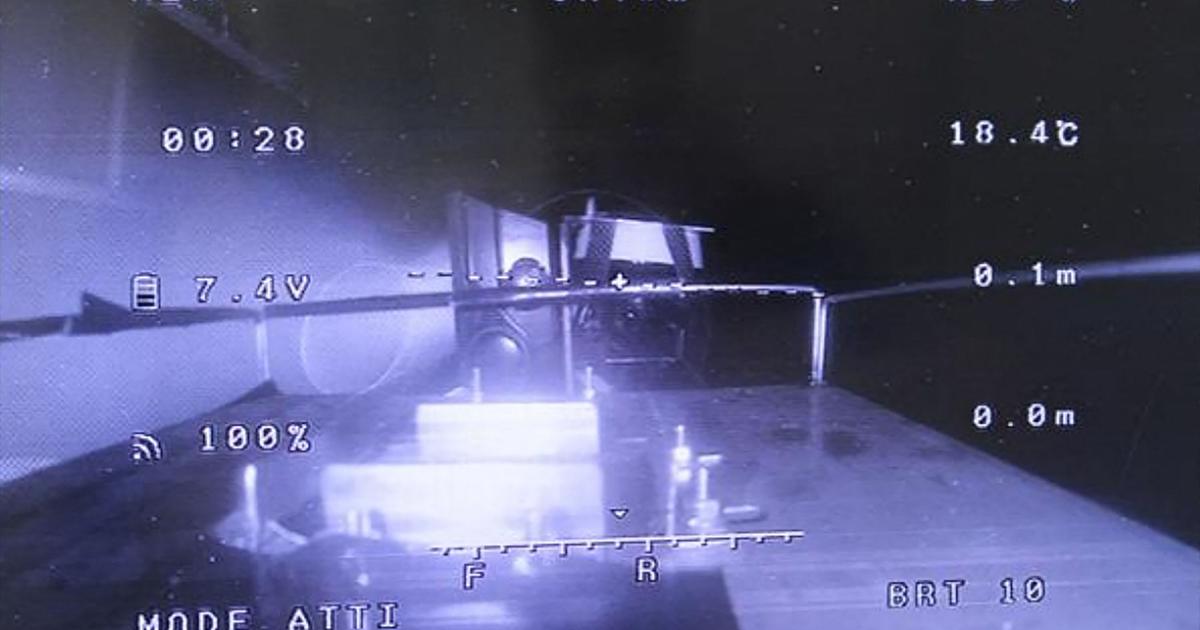Japan to release treated water from Fukushima to the sea 0:31
(CNN) -
In two years, Japan is going to start dumping more than a million metric tons of treated radioactive water from its Fukushima nuclear plant into the sea, the government said Tuesday.
This plan faces internal opposition and generated "serious concern" in neighboring countries.
The decision to discharge the wastewater comes more than a decade after the nuclear disaster at the Fukushima Daiichi plant in 2011. It had been repeatedly delayed by safety concerns and strong opposition from local fishermen still reeling from the consequences. of the crisis.
Work to release the water into the Pacific Ocean will begin in about two years.
The entire process is expected to take decades, according to the Japanese government.
Japan's Arguments for Dumping Fukushima Water
Prime Minister Yoshihide Suga said that managing the treated water is "an unavoidable issue" for the decommissioning of the nuclear power plant.
"We have decided that ensuring safety well above the accepted standard, and ensuring the best efforts of the entire government to prevent reputational damage, means that releasing it to the ocean is a realistic option," he said.
advertising
In 2011, a powerful earthquake and tsunami cut off the power supply and cooling systems at the Fukushima plant.
To prevent the three damaged reactor cores from melting, cooling water was pumped in, which was then contaminated with the uranium fuel rods.
The water then leaked into damaged cellars and tunnels and mixed with groundwater.
The plant's operator, Tokyo Electric Power Co., built huge tanks on the site to store accumulated water after its treatment.
The tanks have a storage capacity of 1.37 million metric tons and are expected to be filled by the end of next year, according to the company.
Treated water
Amid safety concerns, the Japanese government emphasized that "water stored in tanks is not going to be discharged as is."
The water will be treated through a system that removes most of the radioactive material, except for tritium, a hydrogen isotope that in small amounts is not harmful to humans.
"Before discharge, the water in the tanks will also be diluted enough that the tritium concentration is much lower than (admitted by) Japan's national regulatory standards, which are in line with international standards," the office said. from the prime minister in a statement.
Tritium only "emits weak radiation" and its impact on health is "very low," the statement said.
In addition, the office explained that nuclear reactor operators around the world release tritium into the sea and air on a routine basis.
Japan's Ministry of Economy, Trade and Industry said on its website that previously contaminated water will only be discharged once the chemicals are diluted to levels much lower than national and international standards.
'No harm' in discharging treated water, says IAEA
He also added that the process will be monitored by third parties, including the International Atomic Energy Agency (IAEA).
IAEA director general Rafael Mariano Grossi told CNN that "there is no harm" in pouring treated water into the sea.
“It's not that the sea is going to be seen glowing purple or green, and that all the fish are going to die, and that the Pacific Ocean is going to die.
Of course not, ”Grossi said.
“This has been done (…) in the North Atlantic and the Mediterranean, in many parts of the world, and there is no adverse environmental impact.
There would be no authorization or endorsement - if I can put it that way - from the IAEA to an operation that causes damage or is not neutral from an environmental point of view, "he added.
The concerns of neighboring countries
Japan's guarantees failed to assuage the fears of its neighbors, South Korea and China.
On Tuesday, South Korea expressed "grave concerns" about Japan's plan.
He said that decision could "directly or indirectly affect the safety of the Korean people and the surrounding environment in the future."
"If the Japanese government decides to dump contaminated water from the Fukushima nuclear power plant without sufficient consultation, it is difficult for us to accept this," South Korean Foreign Ministry spokesman Choi Young-sam said in a speech. Press conference.
China has also expressed "grave concern", calling on Japan to manage the wastewater discharge "responsibly" in a statement from the Foreign Ministry on Tuesday.
Japan decided to dump the water "unilaterally," China denounced.
He said it is an "extremely irresponsible decision and will seriously harm public health and international security, and the vital interests of people in neighboring countries."
Meanwhile, the United States showed its support for its ally's decision.
"In this unique and challenging situation, Japan has weighed the options and the effects, has been transparent about its decision, and appears to have adopted an approach in accordance with globally accepted nuclear safety standards," the State Department said in a statement. release.
Additional reporting by CNN's Selina Wang and Jake Kwon, CNN's Beijing bureau, and Reuters.
Fukushima






